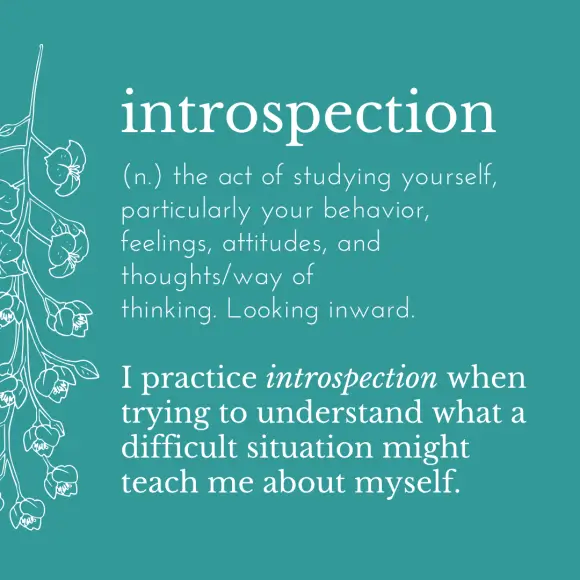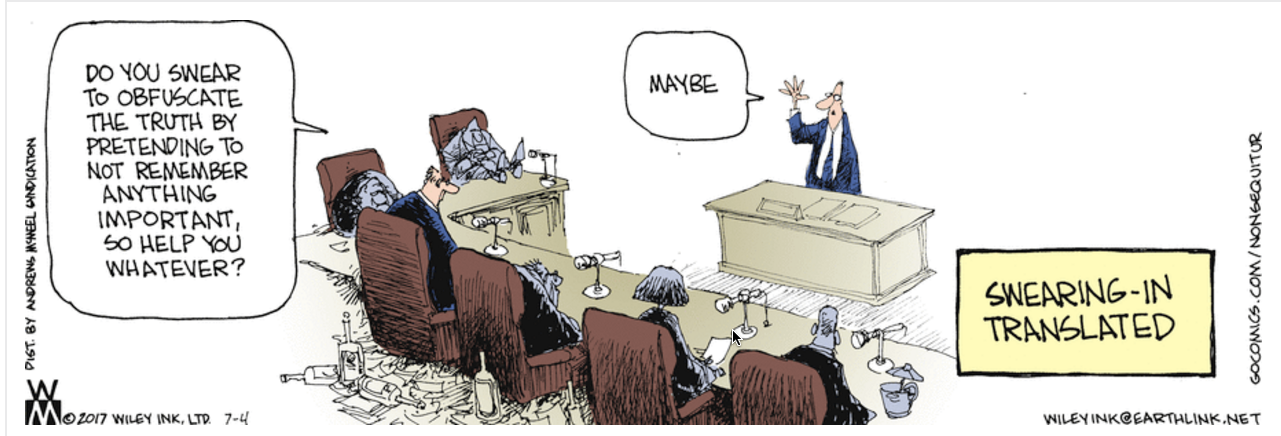Hegseth and his bros were talking on mildly secure Signal about a military attack. Did it mess up the attack? No. Were they saying anything critical to national defense? No. Did using an open app installed on otherwise secure devices create a hackers dream?..
The issue here should be the use of the internet at all.
As John Stewart said on 3/24 internet/social media is a machine. Interactive Media is a machine Designed in laboratories to change the behavior and rewire the brains of those who engage it. It is a programmed machine that programs those who use it, no matter the users intended use.
. It is NOT a conduit for speech like an old phone, and free speech has nothing to do with this problem.
He says it better than I do.
The machine takes your input, every nuance of your life on or off social media, in your car, everywhere all the time. and crafts a specific and personalized response to get you to think and do what they want.
But mention that and people invariably say, "well what do you want me to do?, The net is essential to everything. It cannot be shut down, I need it.." And they are right.
Hegseth, and the rest of the gang, are not the problem. They are there because the social media created Trump and MAGA. The media , divided us, and taught us to fear, and sold us lie after lie and we drank it all down like an abused child begging, clinging to the leg of the parent beating them to death. .
The message on the medium is not the message. The medium is the message.
The Medium is the message.
The medium is the Message.
Q1: What does the Medium is the message mean?
A1: "The medium is the message" is a phrase coined by Canadian communication theorist Marshall McLuhan in 1964. It means that the form of communication (the medium) itself has a significant impact on how the message is perceived and understood, often overshadowing the actual content of the message. The shift from oral culture to print-based ones changed societal focus from auditory to visual. Understanding this concept is crucial in today's rapidly evolving digital landscape, as it helps us anticipate and potentially shape the effects of new communication technologies on our culture and society.
Q2: Exactly why is understanding this concept crucial in today's rapidly evolving digital landscape? What is the social science data on this point?
A2: McLuhan’s axiom “the medium is the message” asserts that communication technologies—not just their content—reshape human behavior, social structures, and cultural norms. In the digital age, this principle remains critically relevant, as platforms like social media, search engines, and streaming services fundamentally alter how information is processed, identities are formed, and power is distributed. Empirical research reveals that digital mediums amplify polarization, reshape cognitive processes, and create systemic inequities in digital literacy. Understanding these effects is essential for fostering informed citizenship, mitigating misinformation, and ensuring equitable participation in a technology-driven world.
Is that about right? I think it is.
The issue here should be the use of the internet at all. .... Hegseth, and the rest of the gang, are not the problem. They are there because the social media created Trump and MAGA. The media , divided us, and taught us to fear, and sold us lie after lie and we drank it all down like an abused child begging, clinging to the leg of the parent beating them to death.
If I understand your analysis, which I might not, social media has had effects significantly more harmful than beneficial to society, knowledge generally, government, democracy, human rationality, etc. (good things generally). If that's your argument, we are in agreement. I think I have been arguing the same thing about social media for years, at least ~15, maybe ~20.
But I articulate the same (similar? overlapping?) concept differently. I don't anchor my arguments to McLuhan's insight, which I do not dispute. My anchor is human cognitive biology, social behavior and pragmatic rationalism, a pro-rationality, morals-based, anti-biasing, anti-ideology ideology (a meta-ideology according to Pxy).
Stepping back how does McLuhan fit into pragmatic rationalism , assuming it fits at all? I asked Pxy:
Q3: In what ways, if any, does the meta-ideology (anti-biasing, anti-ideology ideology) called pragmatic rationalism as described here, https://dispol.blogspot.com/2024/12/wonk-alert-perplexity-tinkering-with.html , fit with McLuhan's insight? Or, are the two concepts non-overlapping? Take steps to reduce errors from sycophancy and other sources of AI error.
A3: Pragmatic rationalism—an anti-biasing, anti-ideology framework emphasizing empirical evidence and cognitive self-awareness—intersects with Marshall McLuhan’s media theory in their shared focus on how cognitive environments shape human reasoning. While McLuhan’s axiom “the medium is the message” analyzes how communication technologies restructure perception and social organization, pragmatic rationalism seeks to counteract distortions introduced by ideological frameworks and cognitive biases. The two concepts converge in their recognition of systemic influences on cognition but diverge in their assumptions about human agency and the role of technological determinism. Empirical studies of digital polarization and algorithmic bias illustrate how McLuhan’s insights about media environments necessitate pragmatic rationalism’s methodological defenses against irrationality.
Conclusion: Complementary Lenses for a Fractured Media Landscape
Pragmatic rationalism and McLuhan’s media theory offer complementary diagnostics for contemporary epistemic crises. While pragmatic rationalism provides tools to counteract cognitive biases, McLuhan’s insights reveal why such biases emerge from media environments themselves. Together, they suggest a dual approach: reforming both individual reasoning and the media architectures that shape it. However, unresolved tensions about agency and determinism highlight the need for further research into how anti-biasing frameworks can adapt to rapidly evolving media ecologies.
Future directions might explore neuroplasticity-informed media design—creating platforms that align with pragmatic rationalism’s goals while respecting McLuhan’s warnings about technological subliminality.










